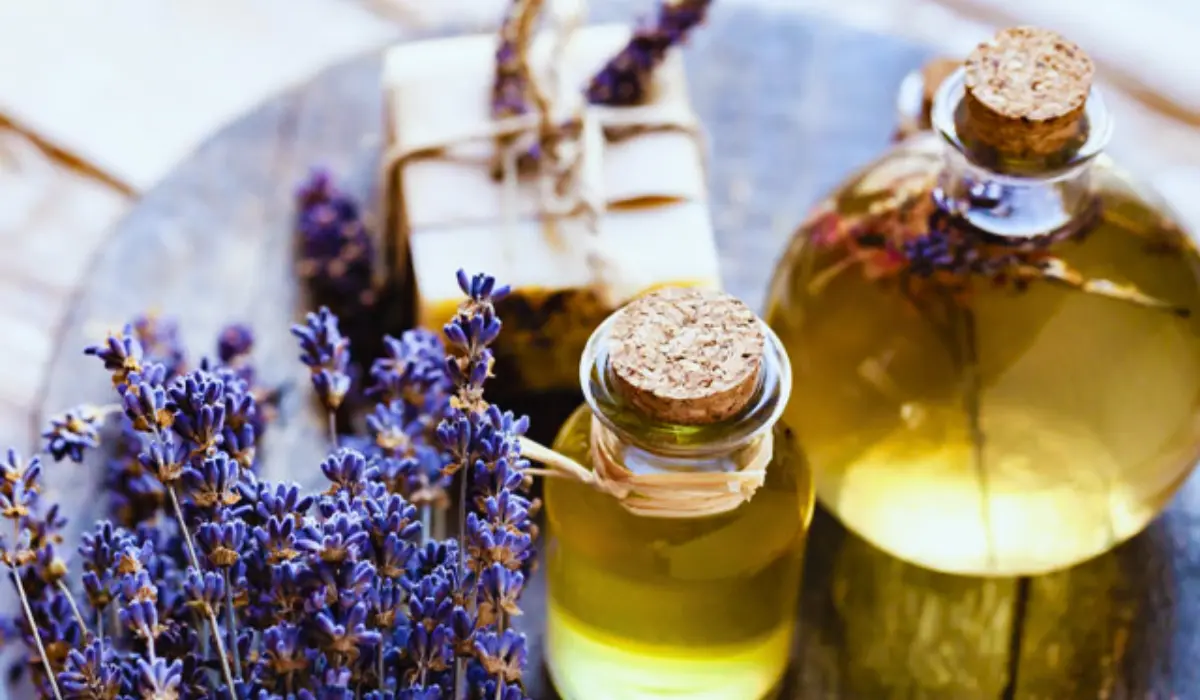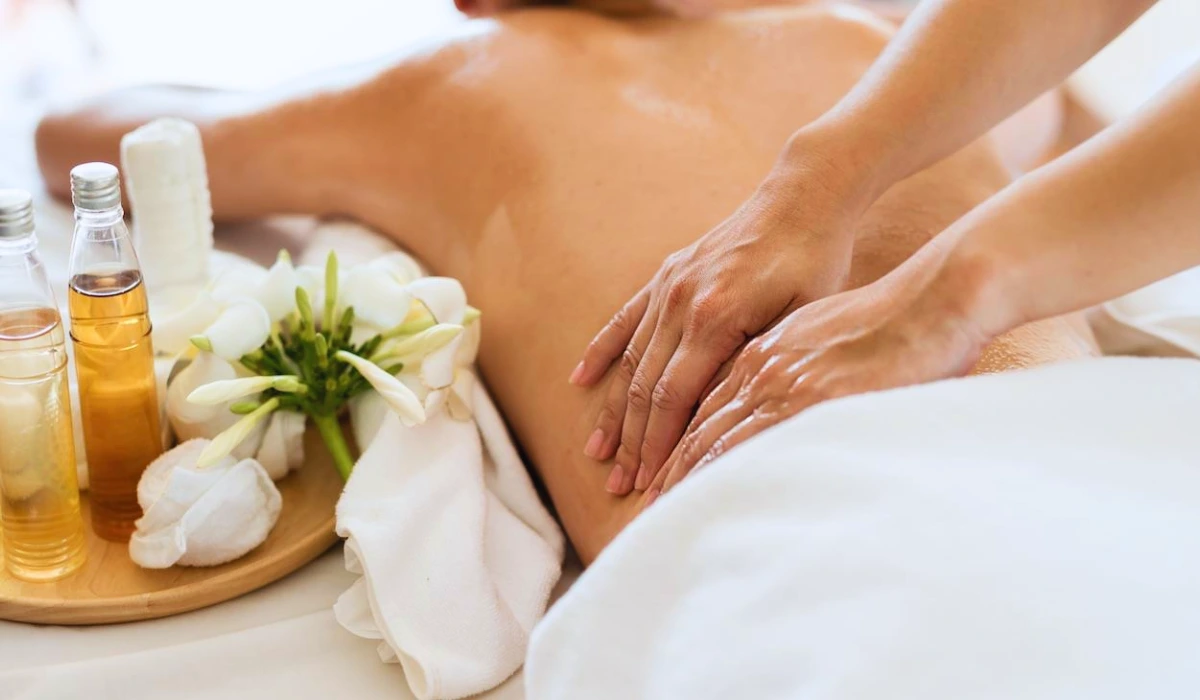The term aromatherapy refers to the use of plant essences and essential oils. The treatment technique has been practiced for thousands of years. Particularly in the pharmaceutical field. Essential oils are also commonly used in perfumery, the cosmetics industry, or the food industry. They need to be diluted in vegetable oil in a lipophilic excipient (cream or milk) before use.
Some oils are more effective in combination, which explains the widespread combined formulas. The anointing (dissolution in an oil), lotion (emulsion in water}, orally ( in honey, on sugar, on bread crumbs, in syrup agave, etc.), diffuser, aerosols, etc. Most specialties are available over the counter and directly. Some can only be obtained in pharmacies, or even on medical prescription, due to their high toxicity.
The benefits of aromatherapy
The aromatic use of plants is most often carried out in the form of essential oils for preventive purposes. An essential oil is a distilled essence of the plant. They can be used orally, cutaneously, or by spraying into the ambient air.

Essential oils are known for their relaxing properties such as chamomile, lavender, and sweet orange. These essential oils allow stressed people to relax and improve the quality of their sleep.
Others help relieve certain microbial infections such as colds or bronchitis. Eucalyptus helps clear the sinuses while lemon essential oil relieves pain related to migraines.
Aromatherapy is a practice whose benefits are recognized in particular for relieving the following ailments:
- Stress, anxiety, nervousness
- Tiredness
- Skin irritations
- migraines and headaches
- Joint and muscle pain
- Problems in the ENT Sphere
- Digestive disorders
- Sleep disorders
- Concentration problem
- etc.
Anti-fatigue essential oil
There are several essential oils to reduce fatigue and boost the body:
- Spruce essential oil can be used olfactorily or on the skin to regain energy
- Peppermint oil has stimulating properties that help fight the feeling of exhaustion
- Basil essential oil and savory oil reduce nervous fatigue.
Anti-stress essential oils
To reduce stress and anxiety, it is necessary to choose essential oils adapted to the type of nervousness of each person and also to the scent that will be the most comforting.
- Citrus fruits are highly recommended to bring a feeling of relaxation and a de-stressing atmosphere such as sweet orange and tangerine.
- To combat anxiety, chamomile and lavender essential oils have calming properties that have relaxing effects. Ylang-ylang and angelica oils are recognized for their anxiolytic and toning action on the nervous system
- Lemon essential oil is effective against motion sickness, nausea, and digestive disorders.
- Lavender essential oil is recommended to combat stress, skin conditions, muscle pain, etc.
- Eucalyptus essential oil effectively relieves respiratory and ENT disorder
- Tea tree essential oil has anti-infectious and immunostimulating properties
How to use essential oil to reduce stress
Several methods of administration exist, but above all it is important:
- To respect the dosages, dosing times, and advice for use and storage.
- Not to exceed 3 weeks of treatment.
- To be wary of counterfeit and imitation
Wash your hands after each contact with essences or essential oils. In case of contact with the eyes or mucous membrane (nose, mouth), rinse immediately with water and apply a compress soaked in vegetable oil to the affected area for 10 minutes.
If you have any doubts or questions, do not hesitate to seek advice from professionals (doctor, pharmacist, aromatherapy, etc)
Atmospheric diffusion
It is the simplest to use. It consists of depositing a few drops in a diffusion device. We always recommend using a suitable diffuser (micro-diffusion where the diffusion temperature is between 35 and 60 degrees) and avoiding the perfume burner. Also, do not leave the diffuser active all the time. The recommended streaming time is 10 minutes/hour

Inhalation
Two inhalation methods can be used:
Inhale the vapors emanating from a bowl of hot water (never boiling ) with a few drops of oil. with a towel on your head
Place a few drops on a tissue to breathe them in deeply
The transcutaneous route
Did you know that you can use essential oils by massage, localized friction, local application, compresses, or in the bath?
Here are some recommendations to follow before any transcutaneous use:
- This oil should be diluted before skin application
- For bathing, they must be used with specific dispersant ( milk, alcohol, egg, etc)
The oral route
Certain essential oils can be consumed orally in the amount of one or two drops on a support to swallow (neutral tablets for example) or in a spoonful of honey or vegetable oil or to flavor an herbal tea, a dish, or dessert.
This is the practice that can be the most effective but also the most dangerous. This is why it is essential to respect the dosages and treatment times.
Contraindications of essential oils
The use of aromatherapy is not done lightly and often requires the advice of a professional. Essential oils are particularly not recommended, and in some cases even contraindicated.
- children under 7 years old
- pregnant or breastfeeding women
- people with allergies
- people with neurological disorders
- animals
Adverse effects of essential oils
Please Note, that natural doesn’t mean beneficial or safe (toxicity, intoxication, interactions, etc.). Using essential oils can have serious side effects:
Irritation, headaches, nausea, necrosis, allergy, hypersensitization, phototoxicity, hepatotoxicity, spontaneous abortion if
It is misuse, ignorance, and overdose that are dangerous. We must therefore remain very vigilant.
Toxic essential oils
Some essential oils are even toxic
Here are the main ones:
- Bitter Almond
- Green anise
- Arnica
- Yellow birch
- Tarragon (authorized use under control)
- Pennyroyal
- Mustard
- Oregano (authorized use under control)
- Sage
- Thuja
Also Check: Top 10 Causes Of Stress At Workplace
Conclusion
Stress is, in biology, a set of responses of an organism subjected to pressure from its environment. In fact, it is a defense reaction of the body against physiological, psychological, and emotional factors of aggression, the symptoms of which appear when stress is repeated and continues.
The body’s response to this situation presents four successive and distinct phases. Heal your emotions with essential oils. If essential oils treat body ailments. they also relieve the mind and regulate emotional peaks.
References
- Horowitz S. Aromatherapy: current and emerging applications. Alternative and Complementary Therapies. 2011;17(1):26–31. doi: 10.1089/act.2011.17103. [CrossRef]
- Butje A., Repede E., Shattell M. M. Healing scents: an overview of clinical aromatherapy for emotional distress. The Journal of Psychosocial Nursing and Mental Health Services. 2008;46(10):46–52. doi: 10.3928/02793695-20081001-12. [PubMed]